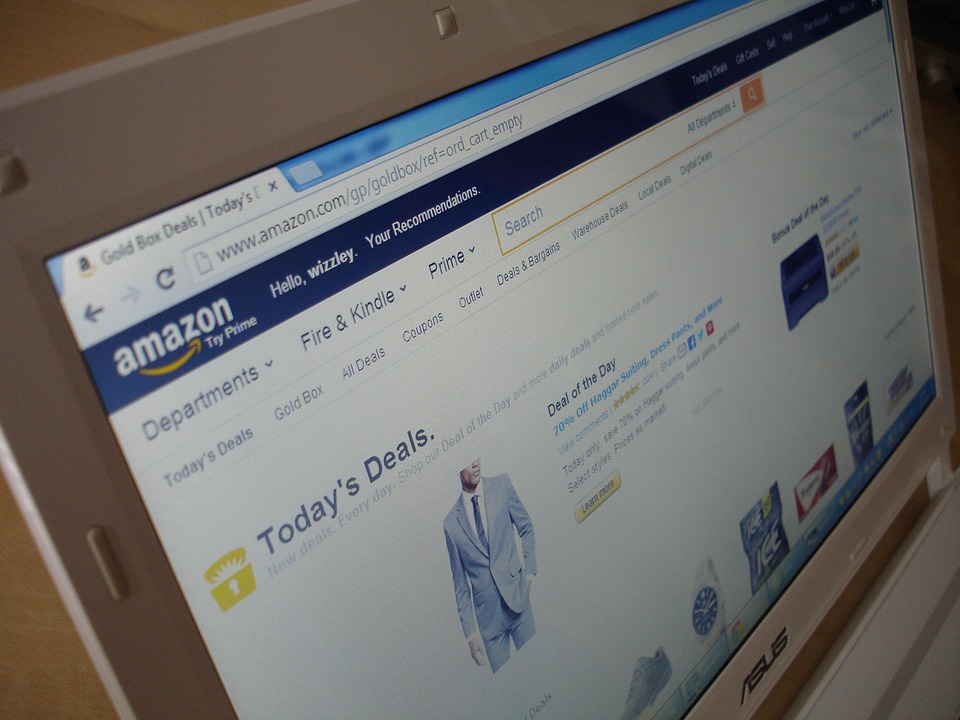Business and Economy
Incentives to Amazon could top $2.8 billion in NYC
NEW YORK — The total value of the incentive package New York is using to lure Amazon could top $2.8 billion.
Amazon announced Tuesday that it would build new headquarters in New York City and Washington D.C.’s Virginia suburbs, each of which would host around 25,000 workers.
The New York City headquarters, built on the East River waterfront in Queens, would vault Amazon into the ranks of the city’s top private-sector employers while transforming a site now mostly occupied by industrial buildings and parking lots.
Snagging the online retailer, though, comes at a cost.
In addition to nearly $1.53 billion in tax credits and grants offered by the state, Amazon would also qualify for two big tax breaks from the city.
If it creates 25,000 jobs, as promised, Amazon would qualify for a city corporate income tax credit worth nearly $900 million over 12 years. On top of that, it would get a 15-year property-tax abatement worth an estimated $386 million.
Those city tax credits aren’t unique to the Amazon deal. They have long been available to other companies, too, as a way of incentivizing growth and development outside Manhattan’s crowded business districts.
Gov. Andrew Cuomo and New York City Mayor Bill de Blasio said they expect to more than recoup that amount in the form of personal income taxes paid by Amazon’s employees, sales tax and economic activity generated by the company’s presence.
Cuomo on Tuesday predicted that the project would eventually bring in $27.5 billion in new state revenue over the next 25 years, though that figure would depend on Amazon creating 40,000 new jobs in New York City — far more than the initial 25,000 it has promised. State budget director Robert Mujica said that calculation also includes an assumption that other businesses not connected to Amazon will have to hire as many as 67,000 workers to serve the needs of the company and its employees.
Some experts say that revenue projection, which includes ancillary jobs like a food vendor who sells sandwiches to Amazon workers, may overestimate the company’s impact.
“I’m not a big fan of counting the indirect jobs,” said Nicole Gelinas, a senior fellow at the Manhattan Institute. She said vendors would likely sell to someone else if Amazon weren’t there.
City and state officials did not provide an estimate of tax revenues from Amazon jobs alone.






















